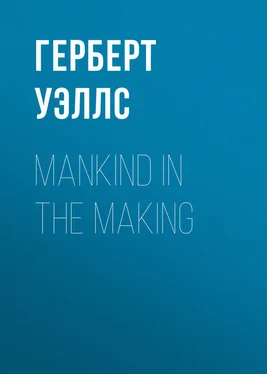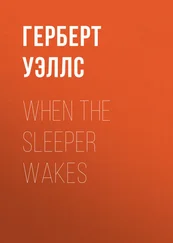The first step to ensuring them is certainly to do all we can to discourage reckless parentage, and to render it improbable and difficult. We must make sure that whatever we do for the children, the burden of parental responsibility must not be lightened a feather-weight. All the experience of two hundred years of charity and poor law legislation sustains that. But to accept that as a first principle is one thing, and to apply it by using a wretched little child as our instrument in the exemplary punishment of its parent is another. At present that is our hideous practice. So long as the parents are not convicted criminals, so long as they do not practise indictable cruelty upon their offspring, so long as the children themselves fall short of criminality, we insist upon the parent “keeping” the child. It may be manifest the child is ill-fed, harshly treated, insufficiently clothed, dirty and living among surroundings harmful to body and soul alike, but we merely take the quivering damaged victim and point the moral to the parent. “This is what comes of your recklessness,” we say. “Aren’t you ashamed of it?” And after inscrutable meditations the fond parent usually answers us by sending out the child to beg or sell matches or by some equally effective retort. Now a great number of excellent people pretend that this is a dilemma. “Take the child away,” it is argued, “and you remove one of the chief obstacles to the reckless reproduction of the unfit. Leave it in the parents’ hands and you must have the cruelty.” But really this is not a dilemma at all. There is a quite excellent middle way. It may not be within the sphere of practical politics at present – if not, it is work for the New Republic to get it there – but it would practically settle all this problem of neglected children. This way is simply to make the parent the debtor to society on account of the child for adequate food, clothing, and care for at least the first twelve or thirteen years of life, and in the event of parental default to invest the local authority with exceptional powers of recovery in this matter. It would be quite easy to set up a minimum standard of clothing, cleanliness, growth, nutrition and education, and provide, that if that standard was not maintained by a child, or if the child was found to be bruised or maimed without the parents being able to account for these injuries, the child should be at once removed from the parental care, and the parents charged with the cost of a suitable maintenance – which need not be excessively cheap. If the parents failed in the payments they could be put into celibate labour establishments to work off as much of the debt as they could, and they would not be released until their debt was fully discharged. Legislation of this type would not only secure all and more of the advantages children of the least desirable sort now get from charities and public institutions, but it would certainly invest parentage with a quite unprecedented gravity for the reckless, and it would enormously reduce the number of births of the least desirable sort. Into this net, for example, every habitual drunkard who was a parent would, for his own good and the world’s, be almost certain to fall. [Footnote: Mr. C. G. Stuart Menteath has favored me with some valuable comments upon this point. He writes: “I agree that calling such persons as have shown themselves incapable of parental duties debtors to the State, would help to reconcile popular ideas of the ‘liberty of the subject’ with the enforcement as well as the passing of such laws. But the notions of drastically enforcing parental duties, and of discouraging and even prohibiting the marriages of those unable to show their ability to perform these duties, has long prevailed. See Nicholl’s History of the Poor Law
Конец ознакомительного фрагмента.
Текст предоставлен ООО «ЛитРес».
Прочитайте эту книгу целиком, купив полную легальную версию на ЛитРес.
Безопасно оплатить книгу можно банковской картой Visa, MasterCard, Maestro, со счета мобильного телефона, с платежного терминала, в салоне МТС или Связной, через PayPal, WebMoney, Яндекс.Деньги, QIWI Кошелек, бонусными картами или другим удобным Вам способом.












